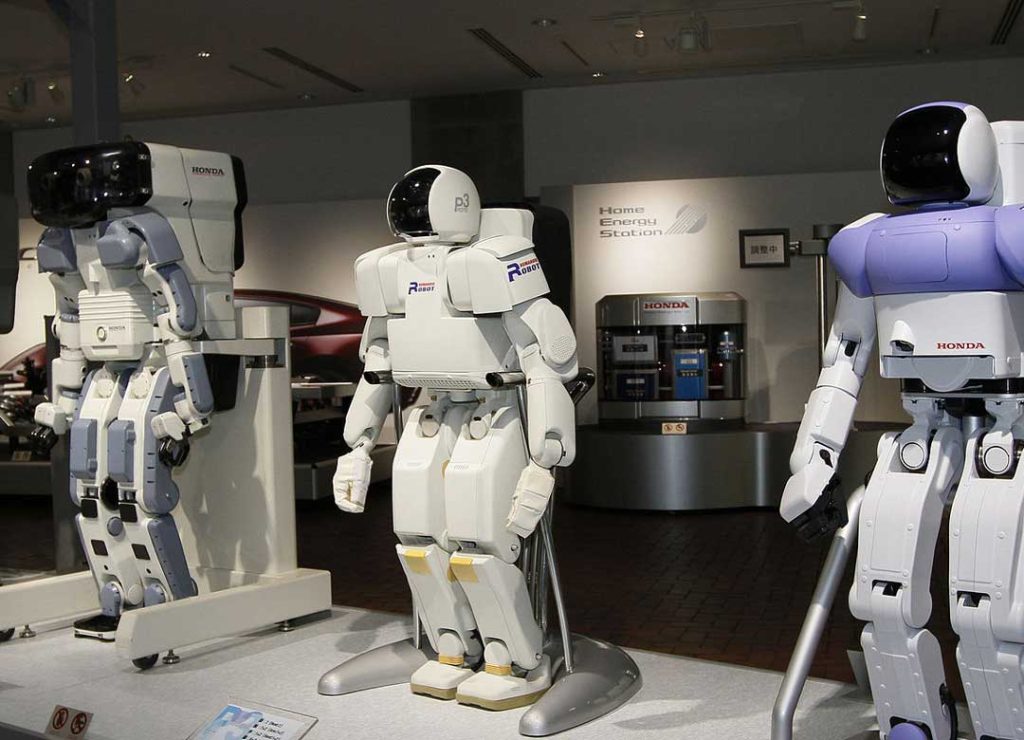
Vikas Agarwal, an expert in Artificial Intelligence, Machine Learning, and Cloud Computing, writes a special column for Deccan Mirror explaining if job automation should worry people about losing their employment.

The advent of ChatGPT and AI-generated photography has marked a watershed moment in the evolution of general AI usage. While these groundbreaking breakthroughs demonstrate AI’s vast potential, they also raise significant concerns among the global workforce.
In May 2023, AI-powered automation was responsible for 3,900 job cutbacks in the United States, accounting for 4.9% of all layoffs that month. Industry veterans and academics predict even more significant movements, with estimates predicting a 70% loss in India’s IT employment. The message is clear: upskilling is no longer optional but rather required for survival in this quickly changing work environment.
However, anxiety over job security must be viewed from a larger perspective. Automation is not a new phenomenon; history has shown that it can be a disruptive yet revolutionary force, eliminating employment while offering totally new opportunities. As the world’s population grows, industries are under increasing pressure to improve efficiency, precision, and creativity on an unprecedented scale—a task that AI is particularly suited to meet.
AI’s transformational potential is already obvious in a variety of industries. Precision farming with AI-driven seed monitoring, as well as breakthrough advances in medical diagnostics and traffic management, are providing solutions to age-old problems. To oppose such advancement out of fear is analogous to refusing vehicles for fear of accidents. The important difference today is the sheer speed of technological progress, which now occurs over years rather than decades.
This poses a crucial question: How can professionals secure their positions in this quickly changing environment? The key is to understand the expectations of your profession. Roles that require profound analytical thinking, creativity, and critical problem-solving are significantly more resistant to automation. Jobs involving repetitive, mechanical processes, or those that prioritize time spent over talent employed, are more vulnerable to replacement by AI-driven systems. This trend has occurred frequently throughout history and will probably continue in the future.
In order to thrive in this new era, professionals must focus on learning the fundamentals of their industry. While individual technologies and programming languages can fluctuate over time, a strong foundation in fundamental ideas, as well as a persistent desire to acquire and upgrade skill sets, assures long-term relevance. History teaches us that, while tools and processes evolve, the human skill element remains indispensable.
Rather than panicking, the route forward is clear: adapt, learn, and invest in the fundamentals. As AI transforms sectors, the workforce must embrace the challenge with resilience and adaptability—an attitude that will define future careers.